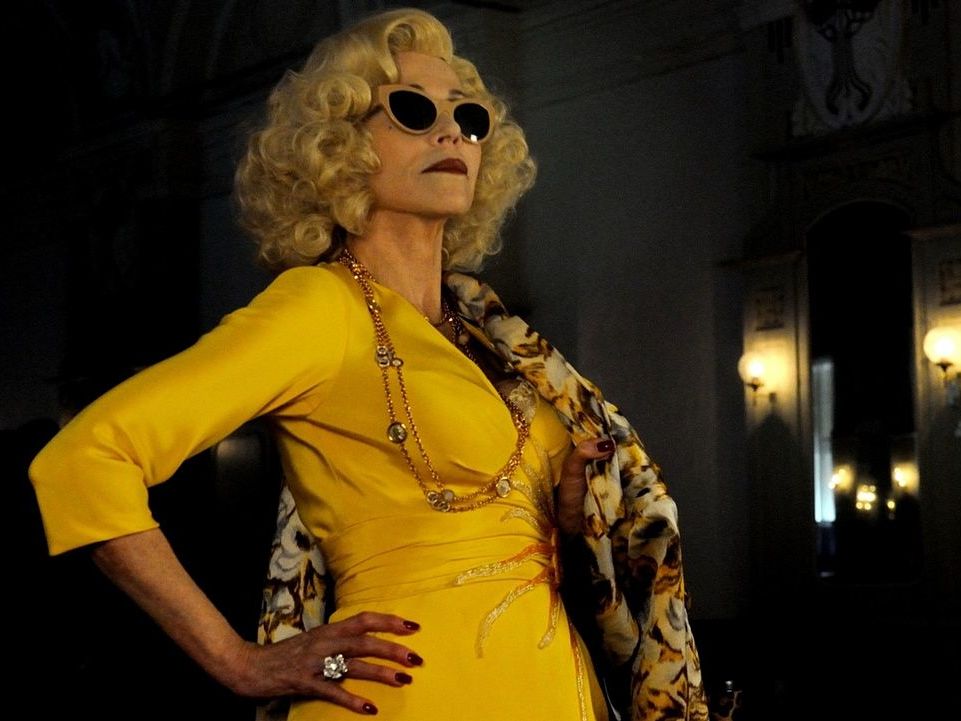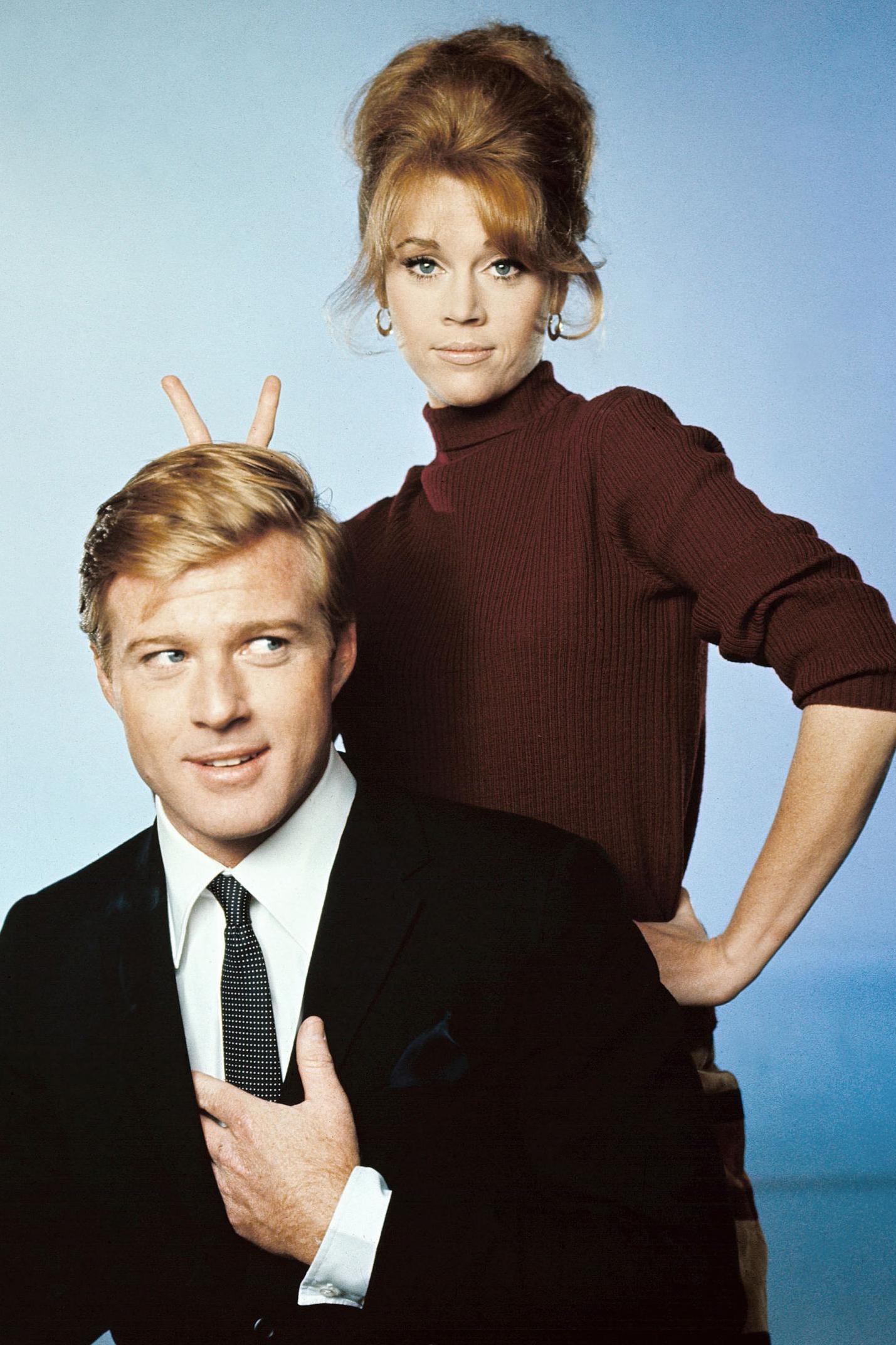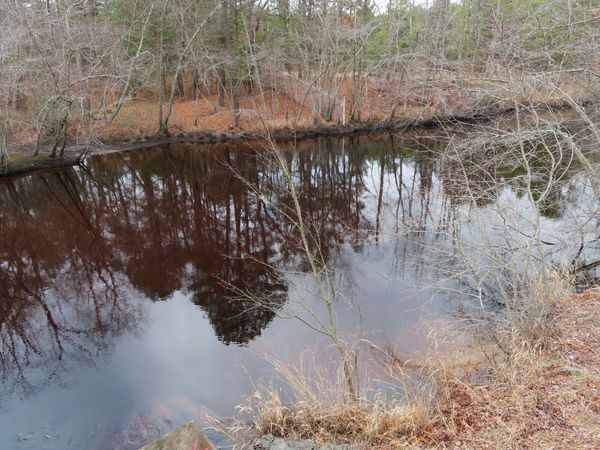
Jane Fonda’s biography includes more stunning detours and radical reinventions than even the most prolific of stars. It’s almost ludicrous. Early on, she was an assumed product of nepotism – the daughter of Henry Fonda, cast often for her looks and repeatedly hired for flimsy sex comedies. Yet she was far more interesting than that.
In the years that followed, she served as a restless muse to an oppressive European filmmaker, before transforming into a fully autonomous movie star of unparalleled beauty and screen presence. She evolved further still into a political activist, her feminism, anti-war stances and support for the Black Panthers resulting in her being blacklisted and monitored by the FBI. She has also comfortably held the title of coolest mugshot in the world since 1970.
Just when many had counted her out, shortly after it was revealed Richard Nixon had put her on his personal enemies list, she became a magnet for Oscars, and a Lycra-clad fitness guru teaching America how to stretch and gyrate. Since 2015, she’s been a Netflix sitcom star (in the superb Grace and Frankie).
Now 82 years old, Fonda remains deeply devoted to activism – most recently being arrested five times over the course of several weeks in protest over the continued climate crisis. If you were to ask her what she’s proudest of, Fonda will likely say her politics, which have always shone a light on the voiceless, even when it threatened her life and career in the process. But it’s also important to acknowledge her remarkable movie career, staggering range and irresistible hold over the camera.
To celebrate 60 years since her film debut, 1960’s Tall Story, we’ve ranked Jane Fonda’s 10 greatest performances.
10. Barbarella (1968)
Is it possible for a role to be iconic and brilliant while simultaneously miserable and suffocating? Barbarella, which propelled Fonda to her heights as a Sixties sex icon, was at one point the kind of objectifying nonsense Fonda had to escape from. It’s also vaguely icky – directed by a tedious husband, filmmaker Roger Vadim, who only liked Fonda when she was blonde, quiet and pretty, and objected when she found activism. Barbarella is admittedly also very clever, and fully alert to Fonda’s undeniable sex appeal and magnetism. She mirrors the film’s pop-art fantasia seamlessly. But she was always better than this, too.
9. Nine to Five (1980)
Curiously, Fonda took on the least showy role in Nine to Five – the seminal workplace comedy that she brought to fruition via her production company in 1980. Her equally revered co-stars, Lily Tomlin and Dolly Parton, receive the lion’s share of the funny lines, and even Dabney Coleman as the tyrannical boss they hold hostage gets more to work with. But there’s a fussy, hilariously prim energy to Fonda’s performance as Judy Bernly that makes it quietly compelling. It remains a mode she hasn’t often played.
8. On Golden Pond (1981)
Giving a richly personal performance in a richly personal movie, Fonda bought the rights to On Golden Pond as a gift to her father Henry. It won him an Oscar, which she collected on his behalf as he was ill (he would die shortly after). It also means the film itself is almost unbearably intimate, tinged with regret and grief, the pair playing an estranged father/daughter whose relationship mirrored their own at the time.

7. Youth (2015)
Fonda is barely in this Paolo Sorrentino drama, but it’s one of her most affecting roles, all the same. In a metatextual cameo, playing an ageing diva who’s introduced in a seductive slow-pan and remarked upon as “the very picture of radiance and sex appeal”, Fonda is sensual, angry and haughtily vampiric. She catapults herself into the film towards its climax, destroying dreams as she goes, and exiting just as quickly. It’s a short, movie-stealing encapsulation of her on-screen power.
6. The China Syndrome (1979)
One of Fonda’s many roles that feel symbiotic with her off-screen life, The China Syndrome cast her as a restless news reporter hungry for more substantial stories. She finds one in a conspiracy involving cover-ups within the nuclear power industry. There’s a forceful, righteous anger to Fonda’s work here, and capped a decade of terrific performances.
5. They Shoot Horses, Don’t They? (1969)
The film that made Hollywood finally sit up and recognise Fonda’s acting talent, They Shoot Horses, Don’t They? charts a slow-motion breakdown occurring alongside an increasingly manic dance competition. As one of its participants – each desperate for a jackpot prize that could alleviate the pain of the Depression – Fonda is brittle, headstrong and ultimately bereft of all feelings. The film scored her an Oscar nod – her first – and deservedly so.

4. Barefoot in the Park (1967)
Fonda’s character in this Sixties romcom is essentially the blueprint for the Manic Pixie Dreamgirl trope – exhaustingly “eccentric” young women desperate to fix the stick-in-the-mud men they’re infatuated with. Fonda, though, is so ebullient that it doesn’t matter. Bursting with life, vitality and adventure, she is charisma personified. Barefoot in the Park is also a film that, truthfully, trades on the physical allure of its two leads. Has any on-screen pair ever been more jaw-droppingly beautiful than Fonda and Robert Redford?
3. The Morning After (1986)
A psycho-thriller that never really settles on a consistent mode, The Morning After is only really worth watching for Fonda’s performance. In a role that saw her nominated for an Oscar, she is a “never-was” actor once billed “the next Vera Miles”, but who now mainlines beer cans in between being framed for murder. Fonda is all frayed nerves and blackouts here, serving craven desperation, self-loathing and chronic pain.
2. Coming Home (1978)
Fonda’s Oscar-winning work here is transformative in the least showy way imaginable. She has the mousy brown hair and dowdy shirts of every actor de-glamming themselves to play ordinary, but there’s also a tormented banality to her posture, gait and voice. She’s a disappointed wife to a soldier recently deployed to Vietnam, who volunteers at a veteran’s hospital and strikes up a deep, potentially romantic bond with Jon Voight’s jaded paraplegic. Fonda is wonderful: subtle, tortured and strikingly believable.
1. Klute (1971)
Klute is the perfect encapsulation of the often contradictory roles Fonda has played on and off screen. Cast as a struggling actor who earns a living from sex work, Fonda is elegant, seductive and fully aware of her own beauty. But she can also switch it on and off like a light, alternating between performance and reality. Then, after she’s done with a client, she opens up to her therapist and cries herself to sleep. There’s a neurotic, broken quality to Fonda’s work here that is incredibly powerful. In what feels like her first real “actor” performance, Fonda is finally granted the material to show her talent while still maintaining her aesthetic appeal. With her shaggy haircut and long coats, she would become an icon of Seventies cool. In all honesty, though, she’s radiated cool in every decade since.







